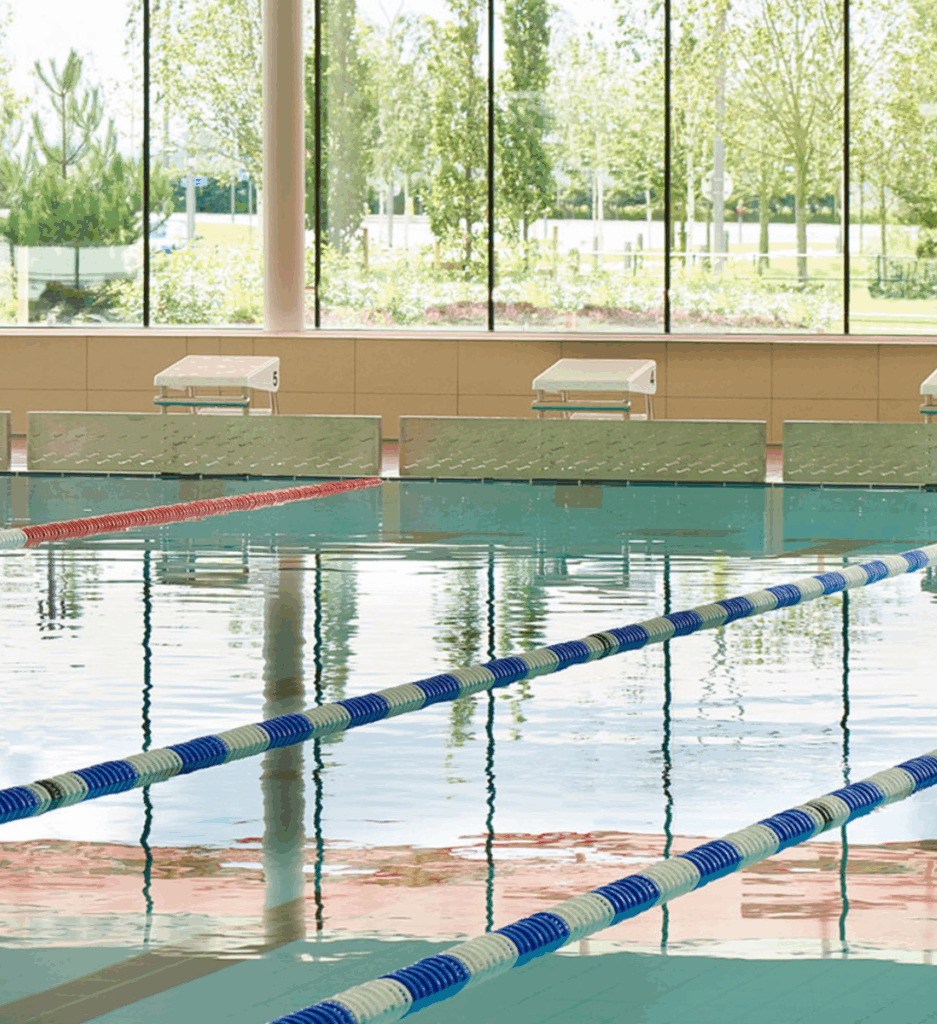Information provided by Professor Matt Grieg, Professor of Sport & Biomechanics & Associate Head of Department, Edge Hill University
St Helens RLFC has been at the forefront of professionalising women’s rugby league. While professionalism in sport is often defined by player remuneration, access to elite support services, particularly in sports science, is still limited compared to men’s rugby league and other professional sports. Many first-team players continue to maintain careers outside rugby league, highlighting the importance of structured support systems that help athletes reach their full potential.
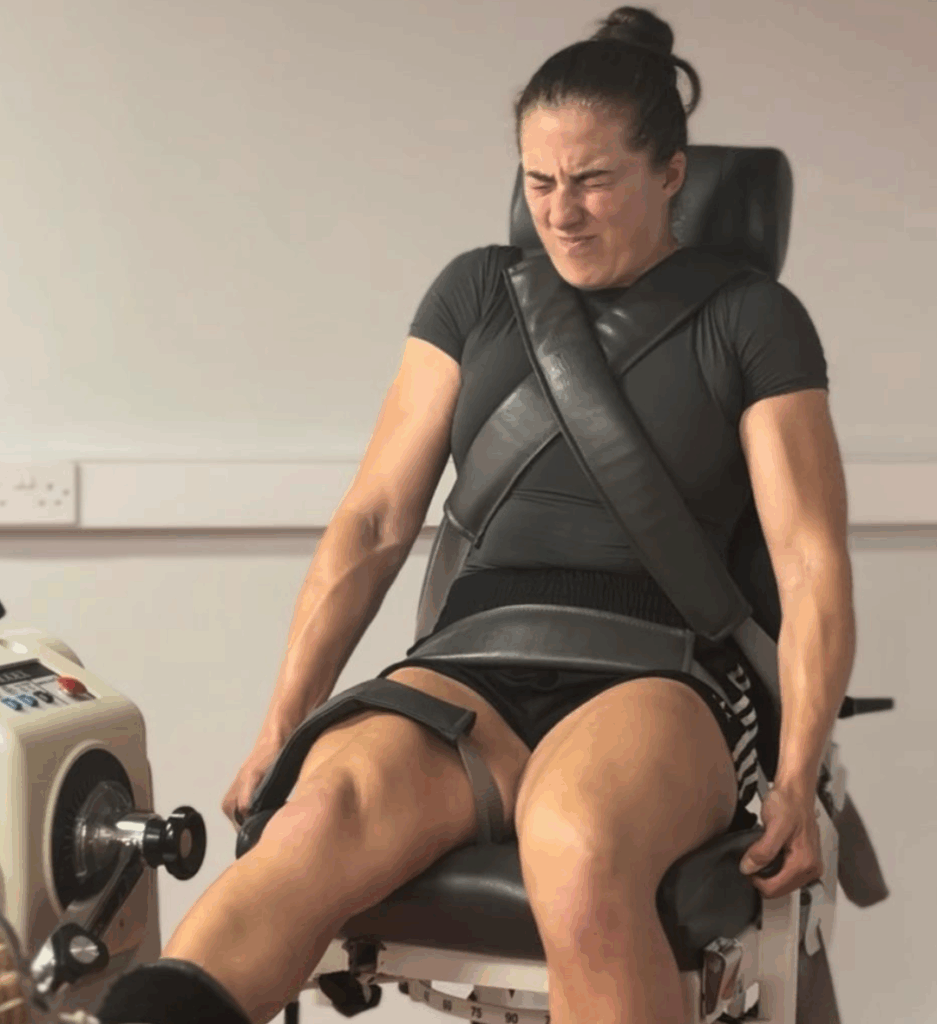
To address these challenges, St Helens RLFC partnered with Edge Hill University (EHU) to create a high-performance training base for the club’s age-group and development squads. Edge Hill University provided a world-class training environment, giving young female athletes access to elite facilities and support that might otherwise be unavailable.
“The facilities have been incredible and such an important aspect of the girls’ training programme.”
Jodie Cunningham, Head of Women’s Pathways & Performance, St Helens RLFC
The collaboration also involved players in an applied research project focusing on Anterior Cruciate Ligament (ACL) injury in female athletes, a condition that can have significant career implications. Female athletes face a higher incidence of ACL injuries, which can be career-altering. The project applied advanced musculoskeletal profiling and biomechanical analysis to identify risk factors and implement targeted interventions, helping players train safely and return to competition with confidence.
Through this project, players received access to:
- Isokinetic dynamometry – the clinical gold standard for assessing lower-limb strength.
- Biomechanical analysis – evaluating fundamental rugby league movements that are also associated with ACL injury risk.
For players returning from ACL injuries, the project offered comprehensive return-to-play assessments, ensuring rehabilitation was complete and the risk of re-injury was minimised. This integration of cutting-edge biomechanics research has enhanced the professionalism of sports science support available to the women’s squad at St Helens RLFC.
The Impact
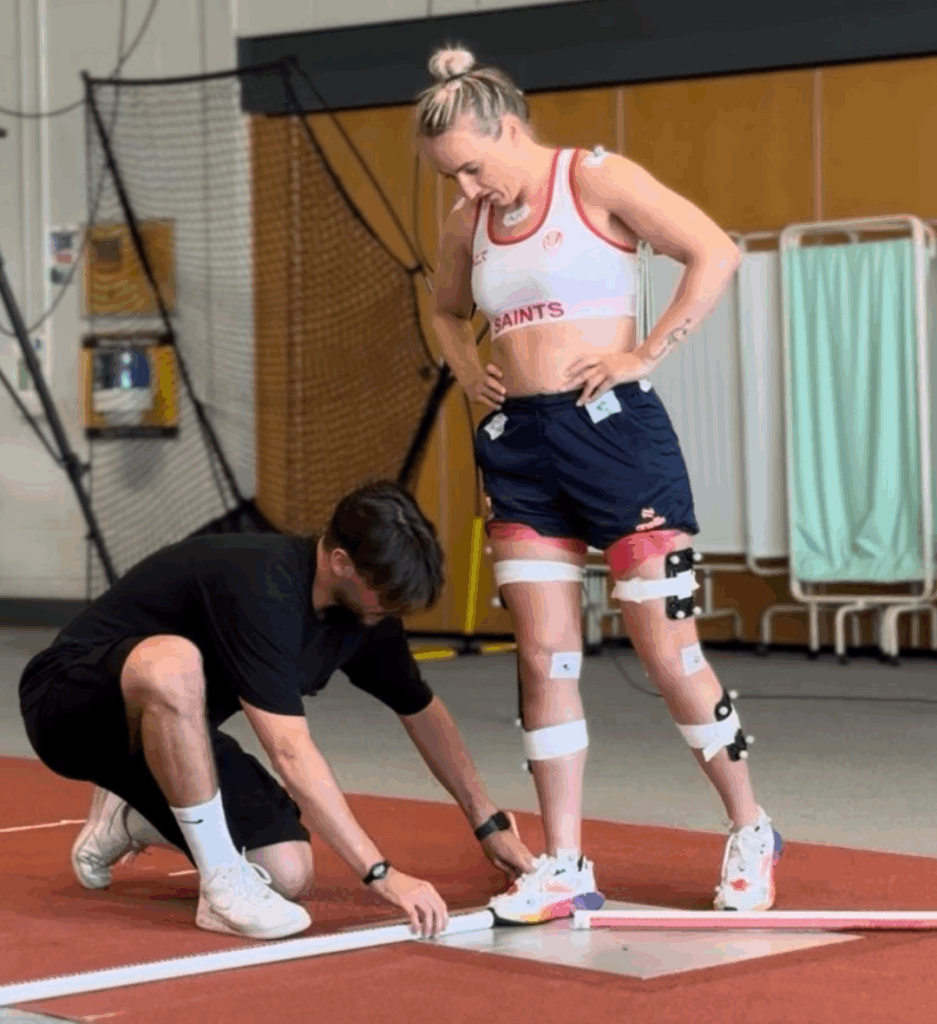
The collaboration has already delivered significant outcomes, including:
- Identifying musculoskeletal deficits in players previously considered fit for return, delaying their return to play and allowing safer rehabilitation.
- Providing normative data to benchmark physical standards for elite female rugby league players.
- Enhancing the overall professionalism and scientific support available to the women’s squads.
A standout moment came when the team identified a musculoskeletal flaw in a player who had been deemed ready to return to play. By extending rehabilitation, the player was able to return to full-contact training safely, mitigating the risk of recurrent ACL injury, a common and potentially debilitating outcome for athletes.
“This has been a great example of a collaborative project where the athlete benefits from elite sports science support that might otherwise be out of reach, and the academics benefit from access to elite athletes. Great also to see our sports therapy alumni working at this level.”
Prof. Matt Greig, Associate Head for Knowledge Exchange, Department of Sport & Physical Activity
What next?
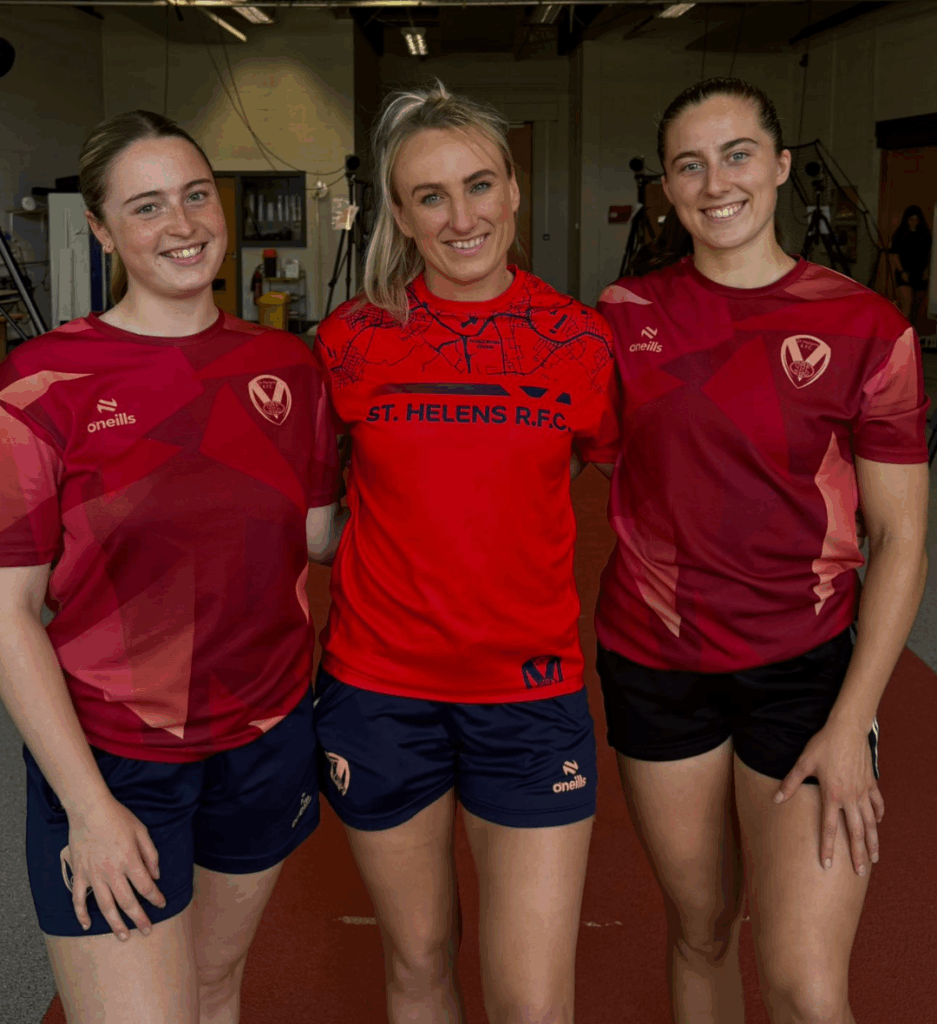
This project exemplifies how collaboration between a professional sports club and a university can drive innovation and enhance athlete welfare. By combining elite training facilities with cutting-edge scientific assessment, St Helens RLFC has not only improved performance but also contributed to safer, more professionalised pathways for female rugby league players, but this is just the start. The project will continue to evolve with two main objectives:
- The first is to develop a rugby-league-specific ACL profiling battery. Existing tests, informed by literature, do not fully capture the sport-specific demands of rugby league. This new battery will better reflect the movements and stresses unique to the sport.
- The second is to establish normative data for elite female rugby league players. By collecting benchmarks from non-injured athletes, the project will inform player development strategies and provide a standard for elite performance.
Collaborate with Edge Hill University
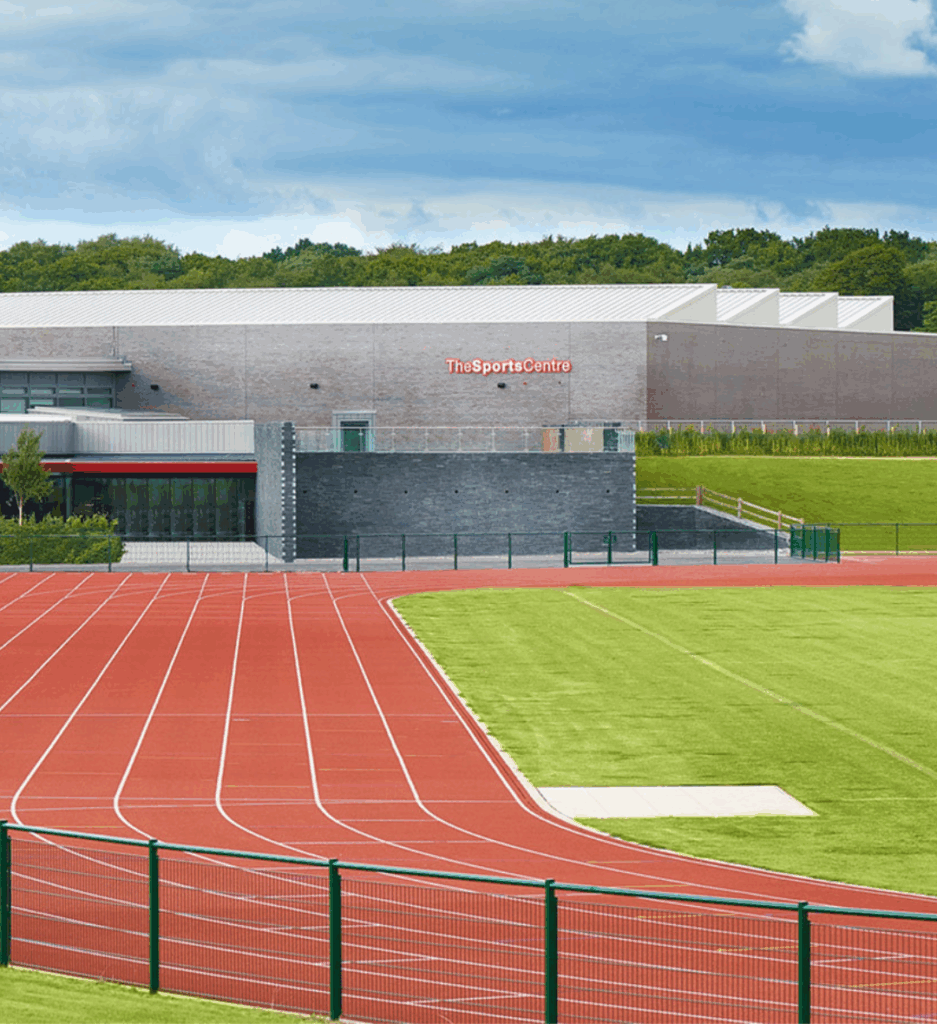
If your club is looking to enhance athlete performance, reduce injury risk, or explore cutting-edge sports science support, Edge Hill University’s Department of Sport & Physical Activity can help.
We can give you access to dedicated laboratories that cover:
- Biomechanics
- Physiology
- Psychology
- Performance
- Sleep
- Biochemistry
as well as a fully equipped sports therapy clinic and kinesiology facilities.
Our sports complex features:
- playing fields
- a synthetic athletics track
- a fitness suite and dance studio
- 25m swimming pool
- floodlit 3G multicourts
- tennis, squash, and netball courts.
Collaborating with us provides your athletes with elite support while giving your coaching and medical staff access to expert guidance and research insights.
Contact us today to discuss how we can develop a bespoke programme for your team via [email protected]
